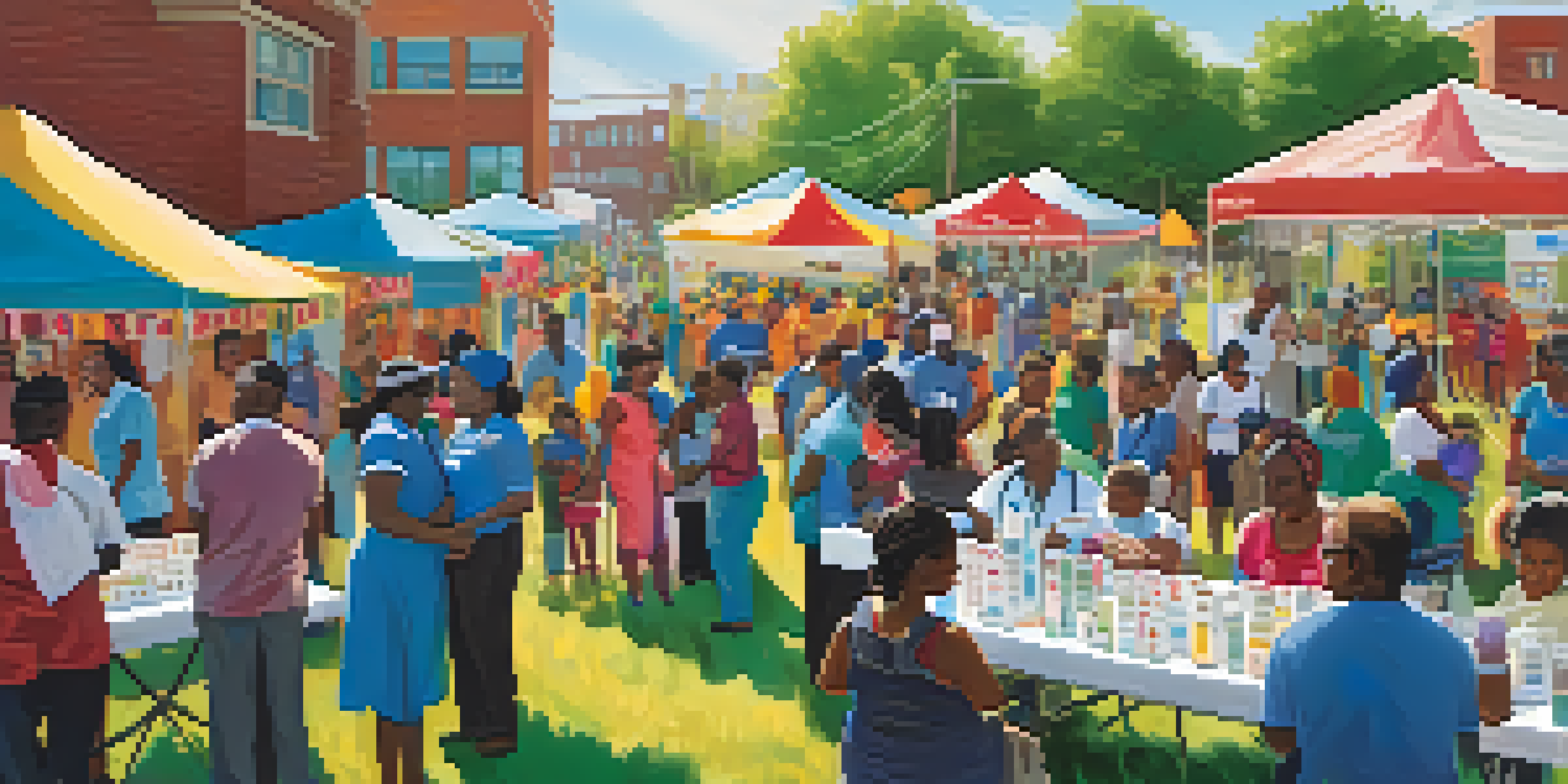Vaccination Programs: Global Efforts for Health Equity

Understanding Health Equity in Vaccination
Health equity means that everyone has a fair shot at living a healthy life, no matter their background. In the context of vaccination, this concept highlights the importance of making vaccines accessible to all, especially marginalized communities. It’s not just about providing vaccines; it’s about ensuring that everyone can receive them without barriers due to socioeconomic status or geographical location.
Global Vaccination Initiatives: A Collaborative Approach
Organizations like the World Health Organization (WHO) and Gavi, the Vaccine Alliance, are crucial in shaping vaccination programs worldwide. They work collaboratively with countries to ensure that vaccines are not only developed but also distributed equitably. By pooling resources and sharing knowledge, these initiatives aim to overcome the challenges that prevent access to vaccines in low-income regions.
Health Equity in Vaccination
Ensuring equitable access to vaccines for all, especially marginalized communities, is essential for public health.
The Role of Local Governments in Vaccine Distribution
Local governments play a vital role in implementing vaccination programs tailored to their communities' needs. They are often the first point of contact for citizens and can address unique barriers to access, such as cultural beliefs or logistical challenges. By engaging with local populations, governments can foster trust and encourage higher vaccination rates.
Addressing Misinformation and Building Trust
Misinformation about vaccines can spread like wildfire, particularly through social media. To combat this, health organizations are focusing on education and transparent communication to build trust within communities. By providing clear and factual information, they aim to dispel myths and encourage individuals to participate in vaccination programs.
Role of Collaboration in Vaccination
Organizations like WHO and Gavi work together with local governments to improve vaccine distribution and access globally.
Innovative Solutions: Mobile Clinics and Outreach Programs
Mobile clinics and outreach programs are innovative strategies to bring vaccines directly to underserved areas. These initiatives can reach people in remote locations or those with mobility issues, ensuring that no one is left behind. This hands-on approach not only increases vaccination rates but also strengthens community ties.
The Impact of COVID-19 on Vaccination Efforts
The COVID-19 pandemic has both challenged and accelerated vaccination efforts globally. While it highlighted existing disparities in healthcare, it also spurred unprecedented collaboration and innovation. Countries learned valuable lessons about rapid vaccine development and distribution, which can be applied to future vaccination programs.
Innovative Strategies for Access
Mobile clinics and outreach programs are effective ways to reach underserved populations and boost vaccination rates.
Success Stories: Countries Leading in Health Equity
Countries like Rwanda and Bhutan have garnered attention for their successful vaccination programs that prioritize health equity. By implementing community-driven strategies and leveraging local resources, they have achieved impressive vaccination coverage. These success stories serve as inspiring examples for other nations aiming to improve their own programs.
The Future of Global Vaccination Programs
Looking ahead, the future of global vaccination programs hinges on continued collaboration, innovation, and commitment to health equity. As new diseases emerge, the lessons learned from current efforts will be invaluable. By prioritizing equitable access, we can ensure a healthier future for everyone, regardless of where they live.